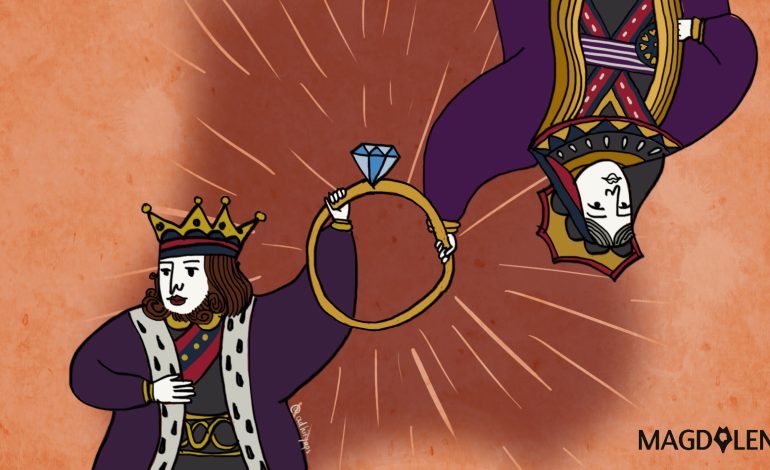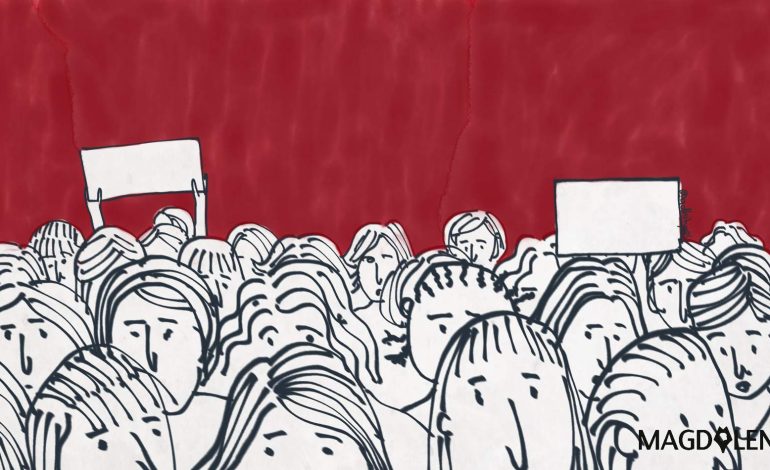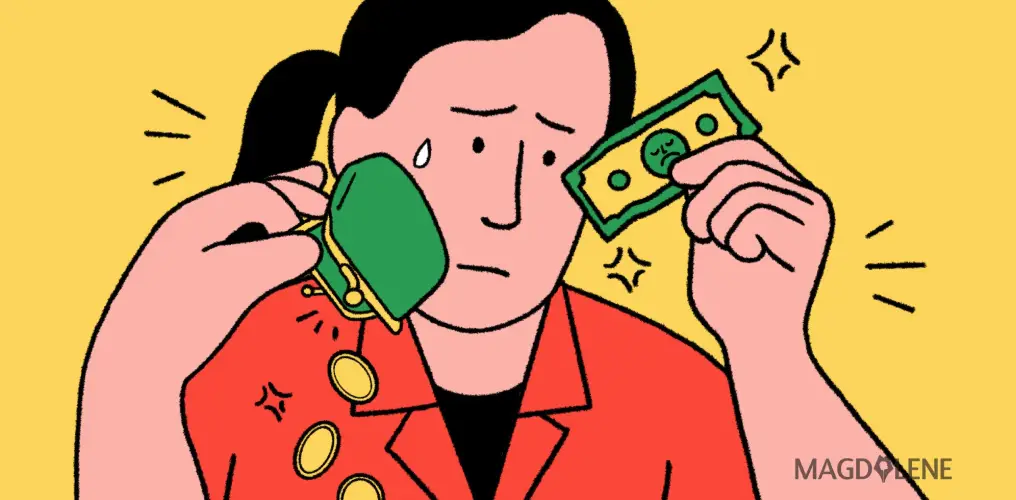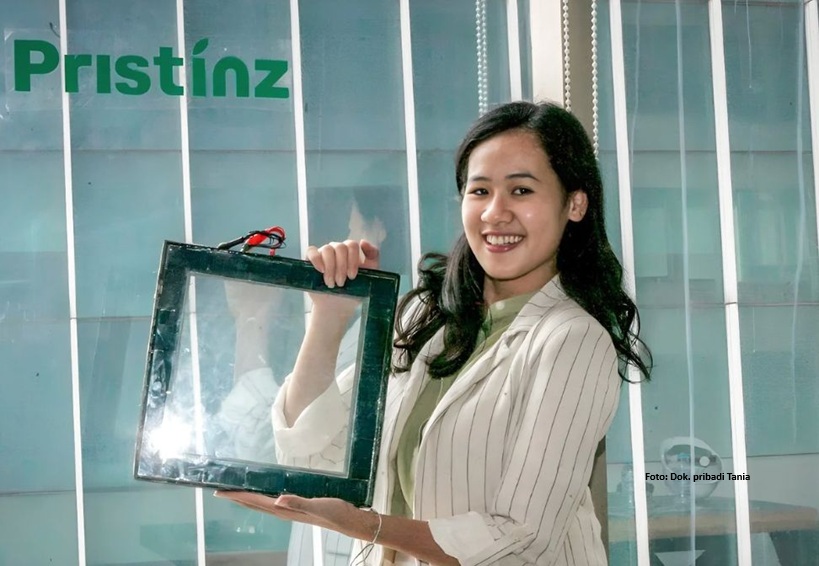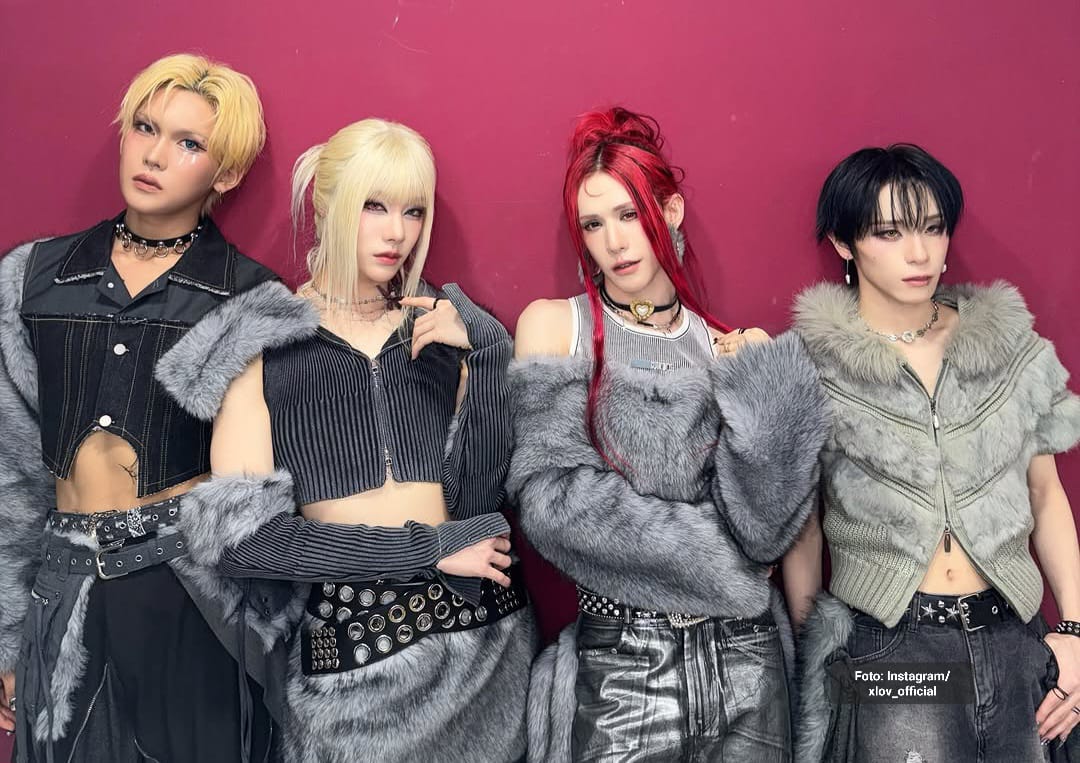Stop Sexualizing the Medical Profession – A Doctor’s Take
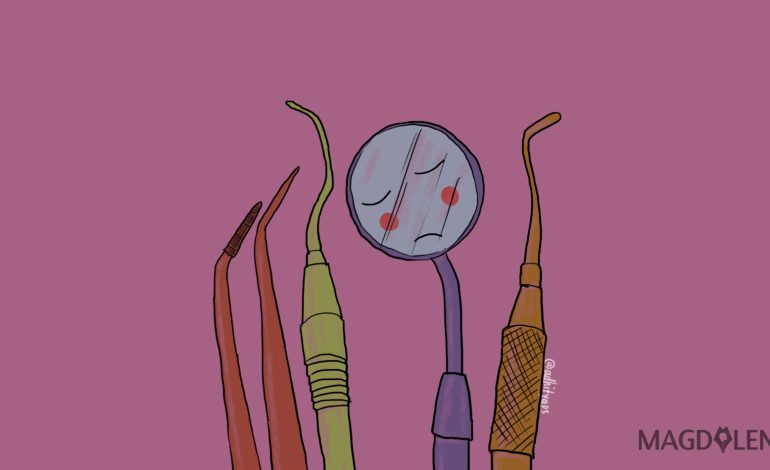
Among the hundreds, maybe thousands, of scenes the mainstream porn industry has come up with, I bet those involving a doctor and a patient are some of the most popular and classic ones.
I can understand why being a doctor – male or female – can be perceived sexually for some. This profession will always give off the aura of intelligence and exclusiveness and, of course, we do things with the body. But, they’re all fantasies, which are neither practical nor real.
One very problematic thing about mainstream porn is that it seldom depicts reality. It gives ideation, feeds fantasies and displays experimentations, but rarely represents reality. In real sex, women and men don’t do those acrobatic positions without risking spraining their necks. Vulvas are not perfectly pink, smooth and wet all the time, erections don’t last forever, and doctors don’t get horny the moment their patients flash them their body parts.
And, yet, although reality is always much plainer than fantasies, people continue to sexualize our profession.
The other day, I was examining a middle-aged male patient for a medical checkup. On my list, there were some physical examinations that required him to take off his pants. I explained to him what the examinations were for and how they would be done, and I asked for his permission. He said, yes, so I conducted the examination. Sometime during the process, he had an erection.
It was awkward, of course, but I know that people can’t control their erection the way they can control their hands, so I didn’t make a fuss about it. But after a while, my patient started to ask various weird questions. Not personal questions and nothing that you would call verbal sexual harassment, but they were weird enough to make me flinch inside. He started to give a little touch on my arms, while he talked and stood very near me, instead of sitting across my desk. He was becoming really talkative and acted like he was my only patient for the day, but I managed to act cool, speed up the process, and reminded him not to take up the other patients’ time.
Some days later, I told a senior female friend about it. Upon hearing it, she shuddered. She told me that if it were her, she would have gone out of the room and refused to handle the patient at all. And she would never want to, ever.
Being sexualized as a female in every kind of professions is not uncommon, I know. So this case is not exclusive for the women who do what I do. But to be fair, my fellow doctors who happen to be males are experiencing it, too.
Last month I was in a medical acupuncture course. Our class consisted of men and women, all general practitioners. Two senior specialists, a man and a woman, said during their lectures that I would never forget.
The male lecturer, attempting to break the ice, told us about his experience with his patients who were flight attendants. He told us that, like the any normal acupuncture treatments, he had planned sessions every two or three days for them. On the first few sessions, he said, they would be wearing “normal” underwear, which he described as “loose clothes”. But as the sessions progressed, the underwear “transformed” and grew tinier… until G-strings were what were left. He ended the story with a laugh, making me shuffle crankily in my chair. I never know if he was telling the truth or not, but it was still really annoying to the point that I stopped paying much attention to his class for the rest of the day.
A few days later a female lecturer gave her talk. She was a good, old-fashioned, kind-hearted woman. At the end of her lecture, she gave us some useful advices for our daily practice – one of them was given especially for my male friends. She warned them very specifically not to try to do anything with their female patients’ private parts, breasts included, although there are actually some cool tricks in medical acupuncture that could help a lot with problems in those areas. Her reason was only one: to prevent from a situation in which sexual harassment might happen on the part of the male doctors. Better just leave those parts to the female doctors.
There was a sparkling contrast between those two senior lecturers. The male doctor was – either consciously or subconsciously – being sexist as he sexualized his female patients. The female one, on the other hand, was afraid of the smallest possibility that her male students would sexualize their patients. But there was a similarity in this contradiction: the presumption that male doctors have a natural tendency to be sexual predators.
All these experiences made me think seriously about sexualization in my profession both of us and by us. What doctors do for a living is closely connected with the principle of body authority. We work with bodies, which belong to people. We work with their dignity and self-ownership. We work with their being. So, where is exactly the root of the problem?
A doctor’s job is not a one-way work. An effective two-way interaction and a balanced power relation are needed to make it work. Our patients’ perception of us can affect a lot of things. If they see us as potential sexual predators or objects for their sexual fantasy, the way society (porn included) has taught them to believe, it will disturb the interaction and tilt the power relation to one side.
At the same time, how the doctor sees the patient matters, too. Throughout my six years in medical school, I never once received any lessons on gender equality and awareness. I believe the medical society in Indonesia isn’t yet enlightened about these matters. Sexism is pretty common, body authority is not fully understood, and stigmatization (including on sex issues) is a common occurrence in our daily practice. It’s high time that our system of education integrates these issues and teach people to be more sensitive, lest we be the laughing stock of every progressive soul in the planet.
That’s a lot of homework, I know. But it doesn’t mean that we could ignore it forever. Meanwhile, I’ll do what I can do, while hoping that one day my profession will be a source of respect and equality.
Putri Widi Saraswati is a feminism and writing enthusiast. She’s not a big fan of how people impose their concept of morality on others today. Unfortunately, she’s a doctor – the one profession that morality cannot let go.

